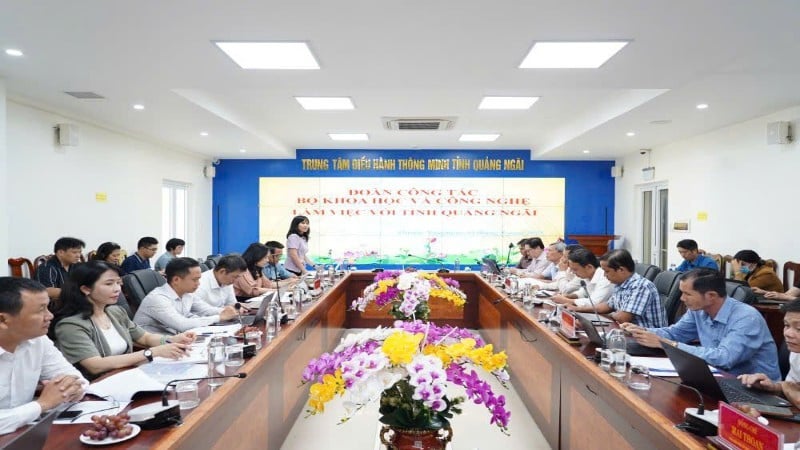
Focus on building a two-level digital administrative system
At the meeting, Mr. Nguyen Quoc Huy Hoang, Deputy Director of the Department of Science and Technology of Quang Ngai, said that Quang Ngai has deployed shared systems to serve the operation of two-level local government.
Basically, provincial agencies have deployed key systems, such as: Official email system; integrated data sharing platform (LGSP); document management and administration software system; provincial administrative procedure settlement information system; provincial electronic information portal; provincial reporting information system; provincial video conferencing system; digital signature.
100% of administrative procedures are checked, integrated, tested and provided with a list of online public services on the National Public Service Portal. Proactively compile a list of administrative procedures providing online public services and propose a list of administrative procedures regardless of administrative boundaries; propose to reduce 30% of processing time for administrative procedures in the field of production and business activities.
The Provincial People's Committee has promptly issued decisions to announce the list and internal procedures for handling administrative procedures; issued a Plan on training, fostering, and professional training for provincial and communal-level civil servants to perform newly decentralized and delegated tasks in the field of standards, measurement, and quality in the province.

In general, the important shared information systems serving the operations of the two-level local government have been actively and promptly deployed by Quang Ngai province, and have basically operated stably, creating favorable conditions for the reorganization of the government and maintaining uninterrupted administrative operations. However, the locality still faces some difficulties.
Regarding infrastructure, especially for providing online public services, the physical facilities and machinery systems sometimes still have problems. Most of the computers in the communes are old, causing difficulties in processing work. Resources from the local budget are limited, making it difficult to ensure the implementation of advanced information security solutions.
Changing people's habits in using digital tools requires time and human resources; digital transformation human resources in provincial state agencies are still limited and most of them are part-time.
The processing speed of the National Public Service Portal is slow and often crashes, leading to a long time in receiving and processing documents, affecting the progress of administrative procedure processing.
On that basis, Quang Ngai province has proposed a number of solutions in the coming time, such as focusing on building a 2-level digital administrative system that is connected and synchronized throughout the system; upgrading and perfecting local databases, integrating with national databases; continuing to urge and guide communes, wards, and special zones to arrange investment funds, replace old equipment and infrastructure so that the work of handling administrative procedures at one-stop-shop departments at all levels is more guaranteed.
The province promotes connection and sharing of digital infrastructure; expands broadband coverage (4G, 5G, fiber optic cable) throughout the province, especially in remote areas; continues to implement training programs, foster knowledge and expertise in digital transformation, information technology for officials, civil servants and public employees of the province, and provides digital skills training for people...
Quang Ngai province also proposed that competent authorities consider issuing policies to deploy and support community digital technology teams nationwide; and mechanisms for developing BTS station infrastructure.

Regarding the implementation of digital platforms, Quang Ngai province requested the Ministry of Science and Technology to urge ministries and branches to soon widely publicize the List and implementation plan of national digital platforms, shared digital platforms of sectors, fields and regions so that localities have a basis for implementation, integration and unification into a single, shared system for the convenience of the grassroots; continue to pay attention to upgrading and perfecting shared information systems, infrastructure and user interfaces when submitting online public services on the National Public Service Portal to meet the process of handling and synchronizing work and records.
At the same time, the province also requested ministries and branches to continue researching and promoting decentralization and delegation of authority to localities in the right to exploit and use specialized software currently managed and operated by central ministries and branches to help localities conveniently monitor and supervise the number of records arising and the status of records being received on specialized software at the Public Administration Service Centers at the provincial and communal levels...
The working group of the Ministry of Science and Technology answered, guided, and shared specific contents directly related to authority and scope of management. The working group also shared and guided some professional contents related to the implementation of tasks that have been decentralized, delegated, and assigned authority from the Central to the local level.
Accompanying and supporting local
In Lao Cai, according to Mr. Nguyen Doat, Deputy Director of the Department of Science and Technology of Lao Cai province, the whole province has 99 communes, most of which are far from the center, making travel difficult; many highland communes have limited facilities, of which 25 communes have only one online meeting room. The administrative procedure information system has been deployed in 95% of communes, meeting the minimum requirement of each staff member having a computer for work.

Despite positive results, Lao Cai still faces many difficulties. Regarding infrastructure, the province still has 23 villages without electricity; 4 villages without signal; 65 villages with signal gaps and 50 villages without fixed broadband Internet. Information technology infrastructure in many communes is still lacking, with old equipment, affecting the progress of digital transformation and the provision of online public services.
In terms of awareness, some communes and wards still have limited understanding of innovation, digital transformation and startups, leading to confusion in coordination. Human resources specializing in science, technology, innovation and information technology at the commune level are still lacking and weak; new cadres lack practical experience.
Regarding policies, there is still a lack of consistent guidance documents and mechanisms to encourage long-term innovation. Some regulations on licensing radiation equipment, approving radiation incident response plans, fees and charges, etc. are unclear, causing difficulties in receiving and processing applications.
In the field of quality measurement standards, the task of State inspection of measurement and quality management of goods has been assigned to the commune level, but this is a new field, the staff has not been trained, and does not have State inspection certificates, so implementation is still limited.
In the field of intellectual property, the merger and consolidation of administrative boundaries leads to many changes in the owners of collective trademarks, certification trademarks, geographical indications, as well as maps of production areas, causing difficulties in protecting and transferring intellectual property rights.
In the field of atomic energy, some regulations on records, procedures, fees and charges for radiation equipment, PET/CT, SPECT/CT, X-ray, as well as requirements for diplomas and certificates for radiation workers have not been specifically guided.
Representatives of specialized units of the Ministry of Science and Technology directly discussed and answered specific questions about local contents of decentralization and delegation of authority; at the same time, guided localities in implementing regulations and professional processes, shared practical experiences; and committed to accompanying and supporting localities in implementing the two-level government model to ensure smooth and effective scientific and technological activities.
The Working Group has recorded and summarized some contents beyond its authority, and reported to the Ministry's leaders to propose solutions.
Source: https://nhandan.vn/ha-tang-so-nhan-luc-va-thoi-quen-nguoi-dan-van-la-thach-thuc-post901110.html










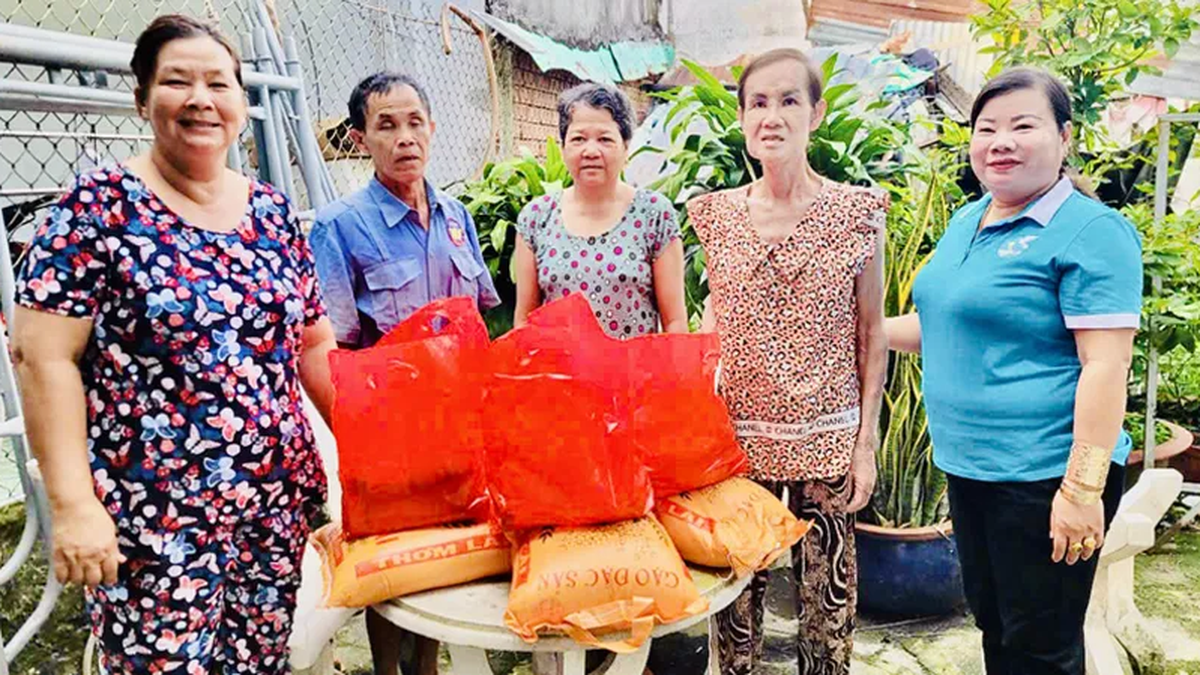
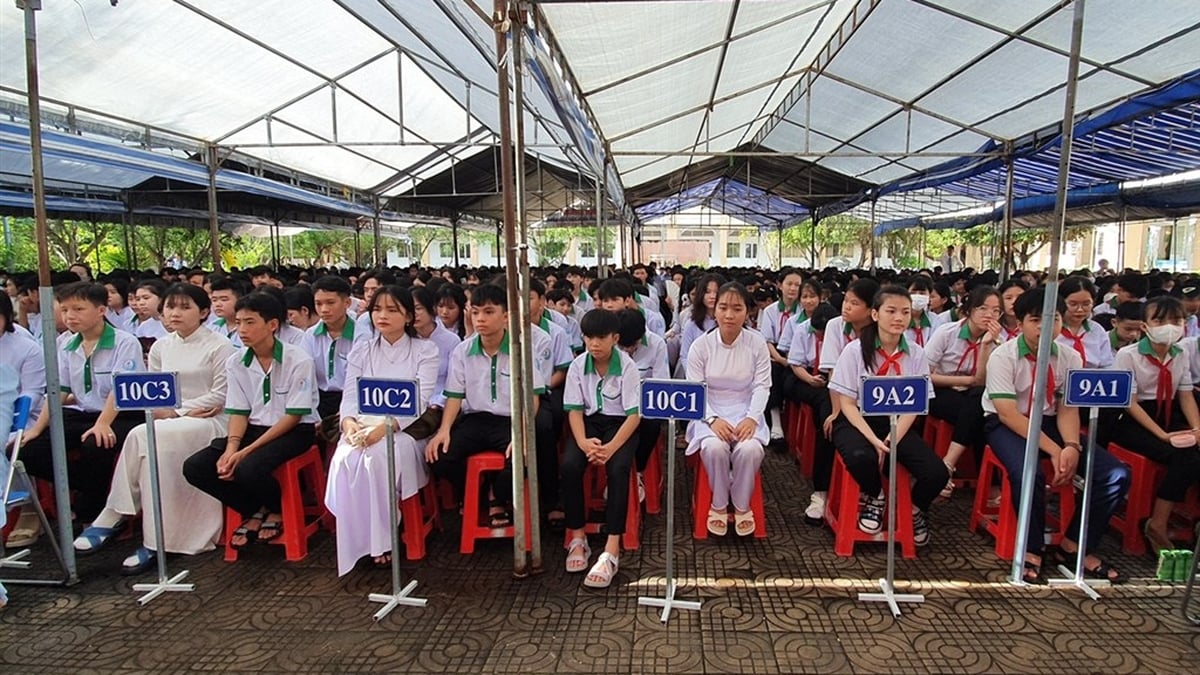











![[Photo] Firmly marching under the military flag: Ready for the big festival](https://vphoto.vietnam.vn/thumb/1200x675/vietnam/resource/IMAGE/2025/8/15/86df2fb3199343e0b16b178d53f841ec)
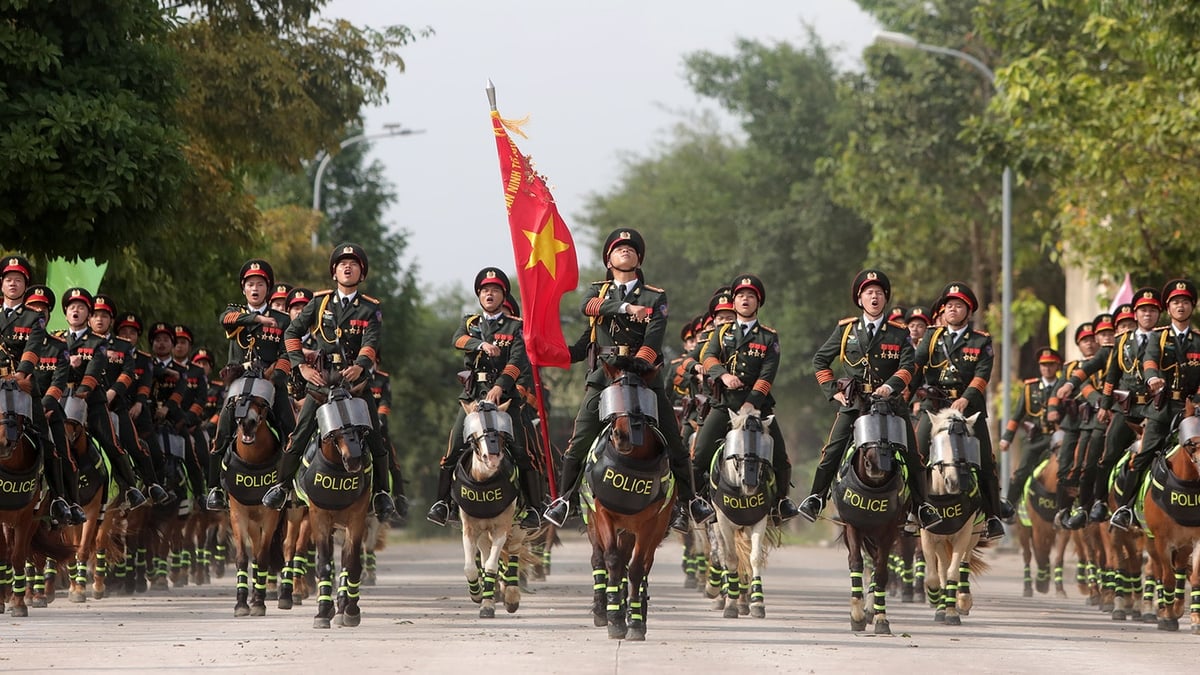

![[Photo] Prime Minister Pham Minh Chinh talks on the phone with Cambodian Prime Minister Hun Manet](https://vphoto.vietnam.vn/thumb/1200x675/vietnam/resource/IMAGE/2025/8/15/72d3838db8154bafabdadc0a5165677f)

![[Photo] The special solidarity relationship between Vietnam and Cuba](https://vphoto.vietnam.vn/thumb/1200x675/vietnam/resource/IMAGE/2025/8/15/5f06c789ab1647c384ccb78b222ad18e)

![[Photo] Binh Khanh Bridge Ho Chi Minh City is ready to reach the finish line](https://vphoto.vietnam.vn/thumb/1200x675/vietnam/resource/IMAGE/2025/8/14/b0dcfb8ba9374bd9bc29f26e6814cee2)



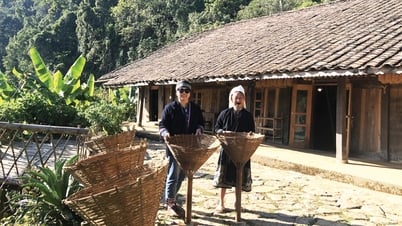

















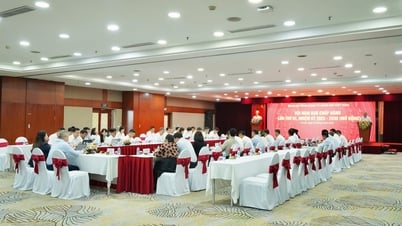




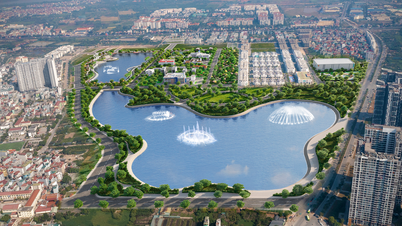
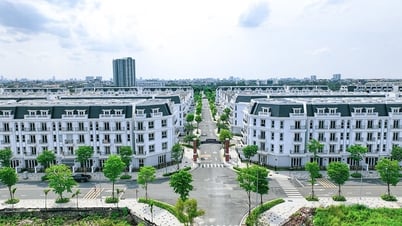


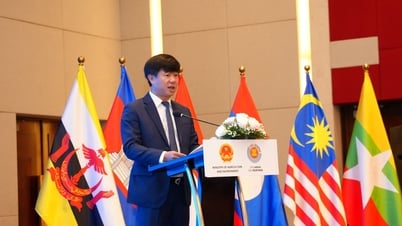

![[Photo] President Luong Cuong receives Finnish Ambassador to Vietnam Keijo Norvanto](https://vphoto.vietnam.vn/thumb/402x226/vietnam/resource/IMAGE/2025/8/15/9787f940853c45d39e9d26b6d6827710)





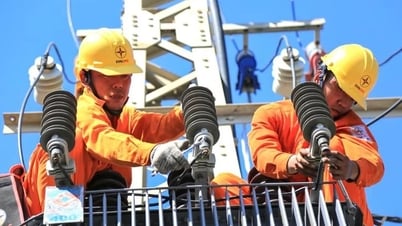

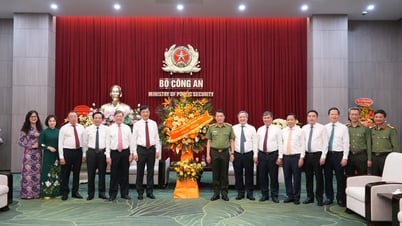




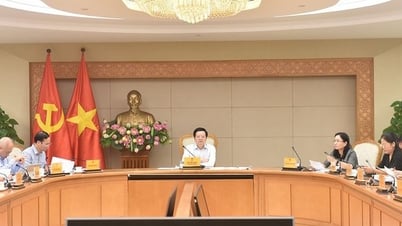






















Comment (0)